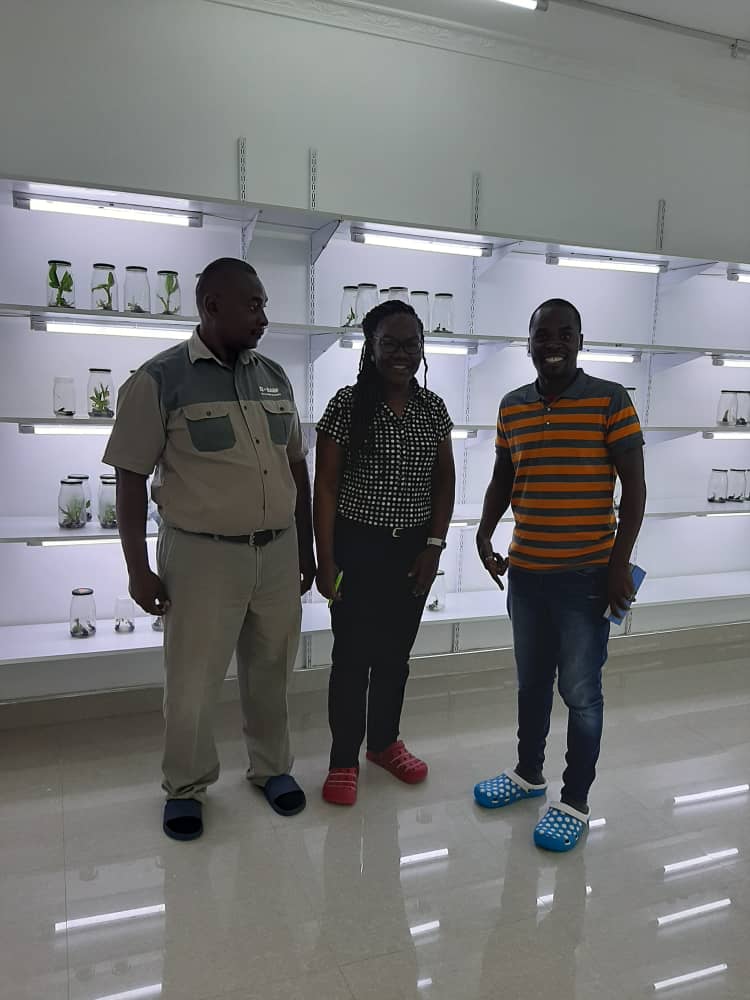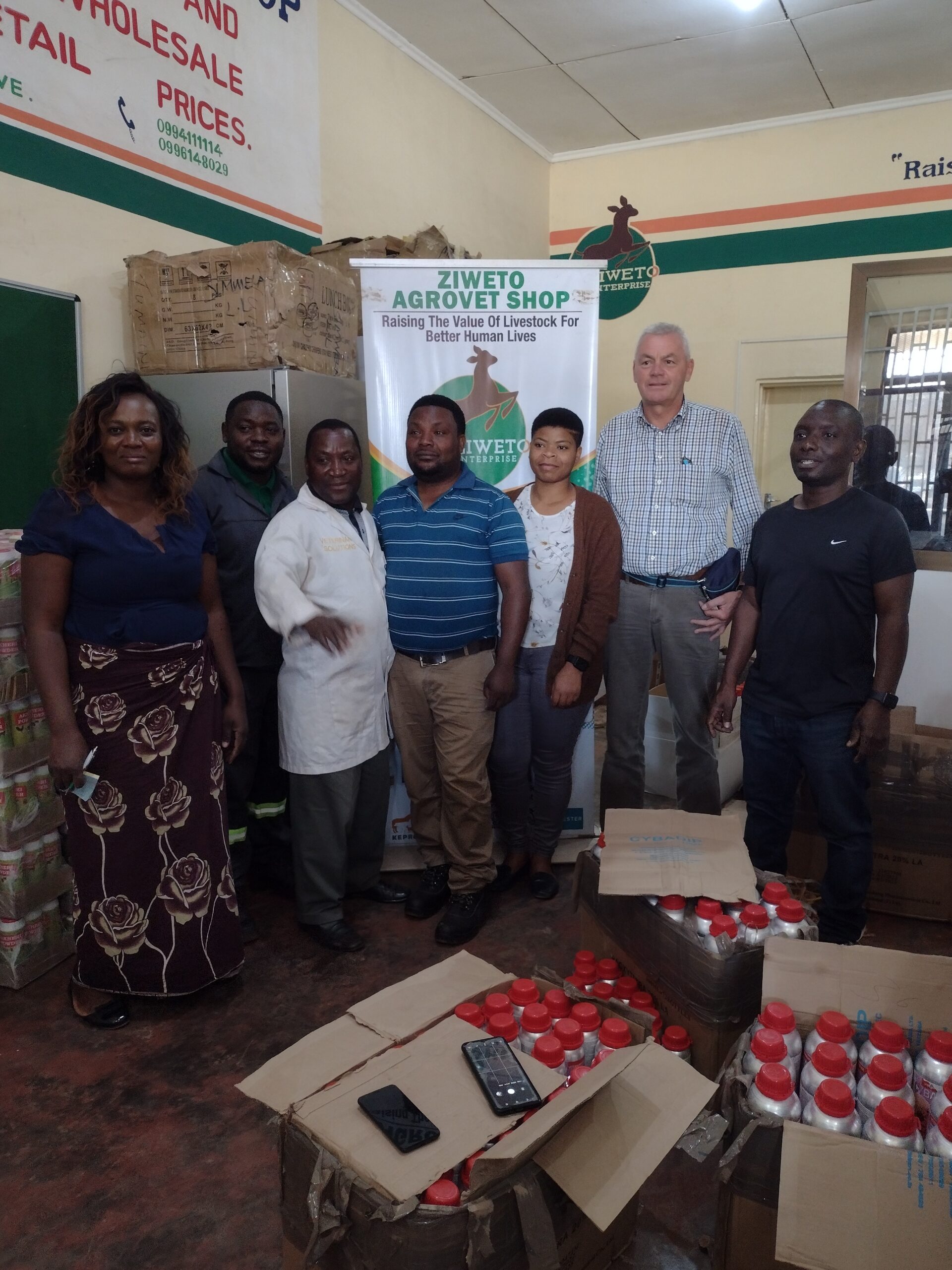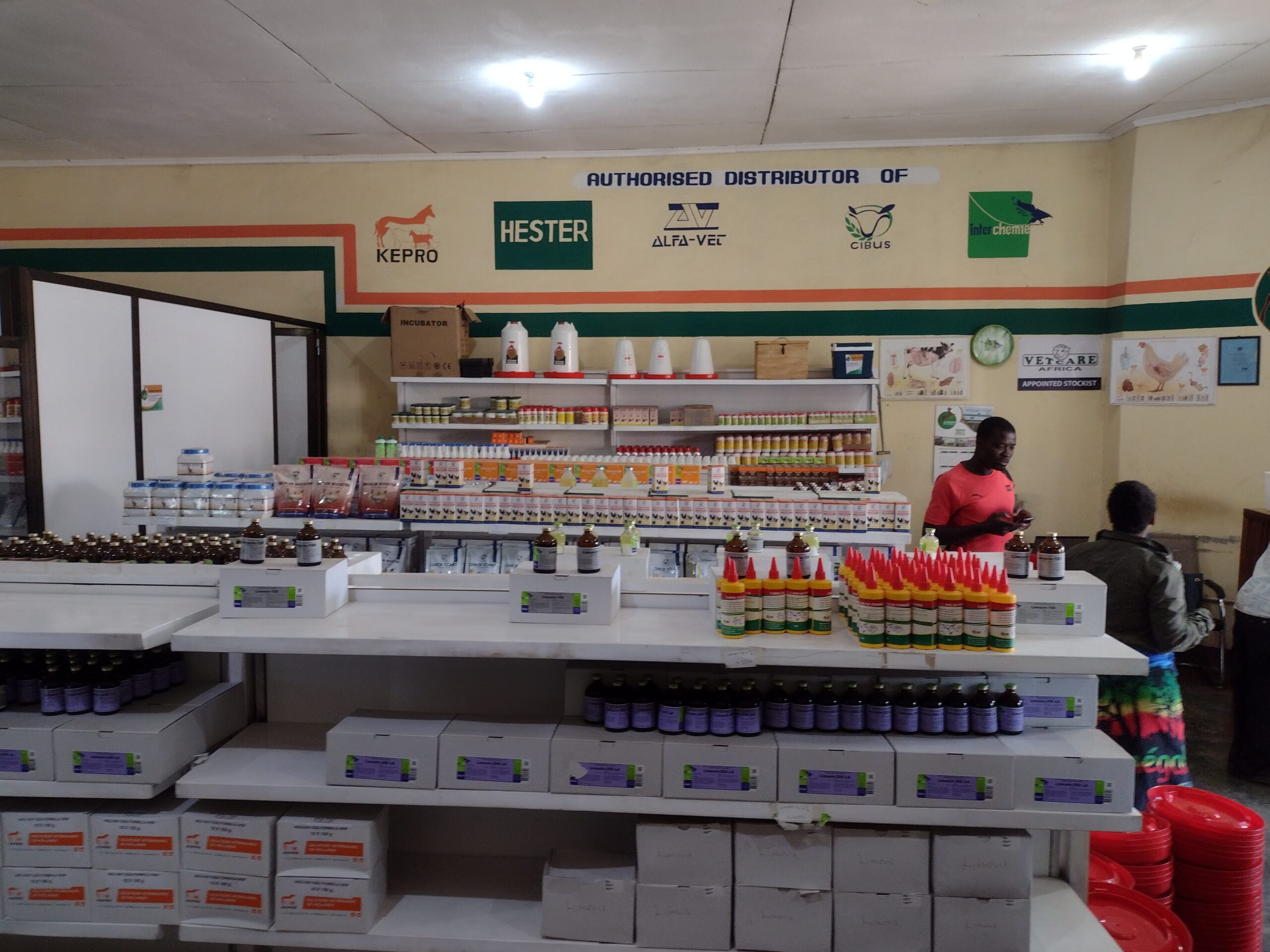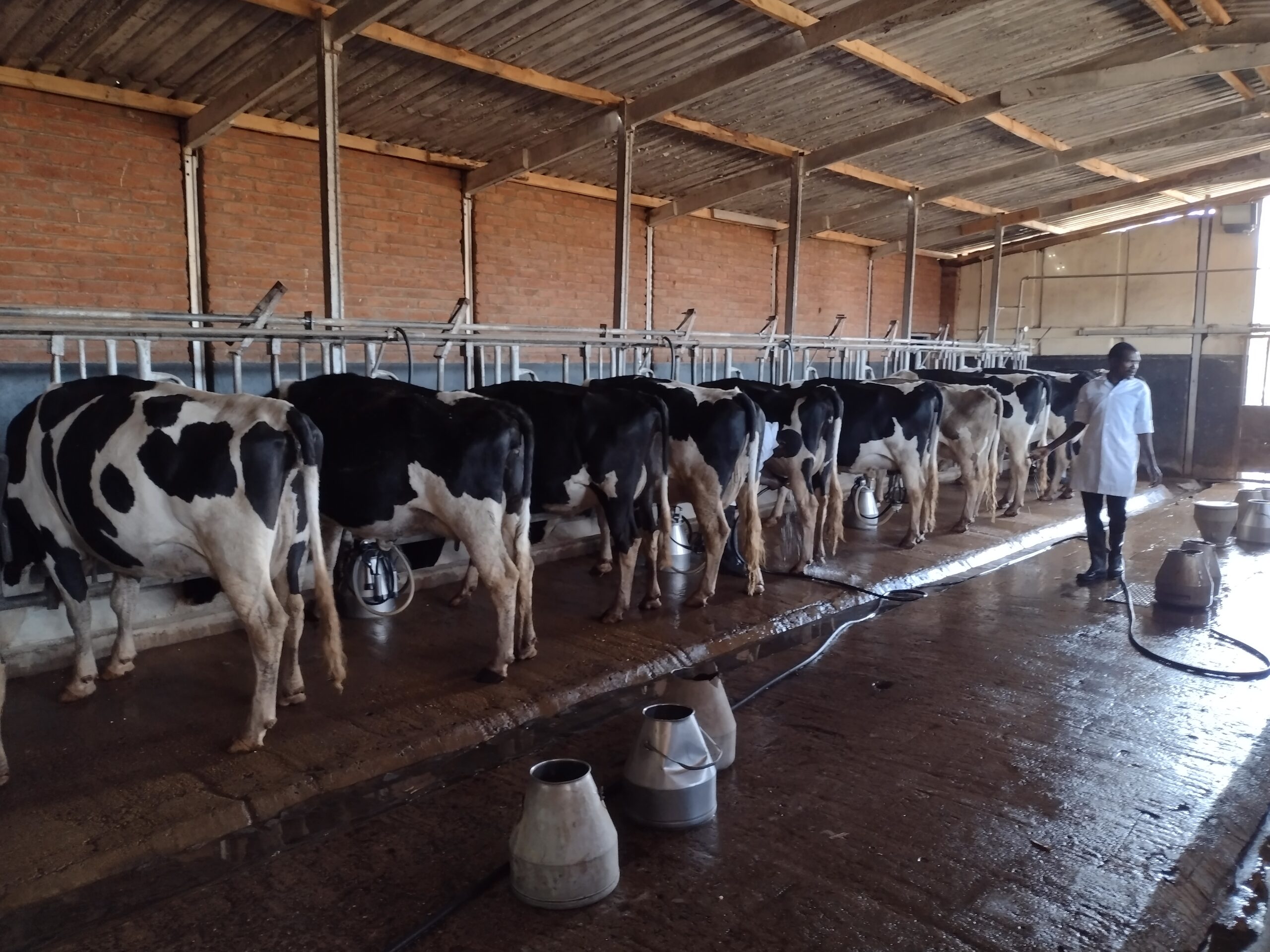
Flanders and Exchange go hand in hand in Malawi
Twice illustrated
Flemish Development Cooperation supports the improvement of agriculture in the northern part of Malawi with its SEED program. We at Exchange have an excellent relationship with Flanders and are looking for ways how - complementary to what Flanders is doing - we can further strengthen a number of projects. In a nutshell, that complementarity means that Flanders supports those initiatives financially, while Exchange helps SMEs grow by transferring expertise and knowledge. Two examples of how this works:
Hortinet, a daring experiment ripe for a Nobel Prize.
Frankie Washoni is CEO of Hortinet, an organisation that wants to stop the decline of Malawi's banana crop. Malawi was an exporter of bananas until the ‘Banana bunchy top’ disease destroyed up to 80% of Malawi's banana production. Frankie sought support to do something about this and found his answers mainly through Google: he promptly built the first commercial lab in Malawi that produced virus-free bananas via tissue culture. This was very successful for six months; thousands of virus-free banana plants found their way to as many as 600 farmers. Production picked up again, thanks in part to the financial support Frankie received from Flanders.
But suddenly everything stopped; the laboratory itself did not remain virus-free. Exchange coach Jan Aertsen visited the company in March 2022 and started looking for solutions together with Frankie. He contacted Professor Ronny Swinnen, a man with unique expertise in the field. Prof. Swinnen put us in touch with Delphine Amah, whom he trained and who worked at the International Institute for Tropical Agriculture - IITA - in Nigeria. Exchange invited Amah to share her knowledge with Hortinet, and she did just that. During her visit in August 2022, the Hortinet lab was able to start up again and arrangements were made to give the Malawian staff additional training in Nigeria. Today there are more than 2,000 farmers on the waiting list, ready to restore banana production in Malawi and stop imports from Tanzania and Mozambique - which sinds the collapse of local production accounts for more than 90% of Malawi's banana consumption.


Ziweto stops import of expensive fodder
Ziweto is a collective of about a dozen veterinarians that distributes veterinary medicine throughout Malawi's territory, thanks in part to financial support from Flanders. But Ziweto sees another opportunity to make a leap forward concerning Malawian livestock farming: the collective wants to make and distribute livestock feed using local raw materials, so that livestock farmers do not remain dependent on expensive, imported feed.
Following a visit by Exchange coach Guy Callebaut to Ziweto earlier this year, Exchange was able to persuade a few experts at AVEVE to put their shoulders to the wheel: Marcel Christianen, who was commercial director for animal feed at AVEVE until his retirement, and his friend Dirk Bogaerts, nutritional manager at AVEVE and the person ultimately responsible for the composition of various nutritional formulas.
An effective brew
At the end of July this year, Marcel Christianen also visited Ziweto. He kept his intervention very focused, specifically on the production of feeds for laying hens, fattening chickens and fattening pigs. This visit was a great success across the board. To illustrate:
- There was already an industrial mill at Ziweto, but it was not yet functioning. Together with the technicians of Ziweto, the mill was put into operation;
- With online backup from Dirk Bogaerts, 24 feeds were created and three formulas were effectively produced;
- A suitcase full of feed and raw material samples was taken for analysis to the lab of AVEVE in Belgium. Ziweto itself already has a number of devices to perform that analysis: by comparing the results in Belgium with those in Malawi, the accuracy of Ziweto's measuring devices can be verified;
- Preparations have been made for a training of two central staff in Belgium later this year.

Or how Exchange plays a role on two fronts to mix things up successfully: on the one hand, we mix Flemish funding with expertise from AVEVE and with the enthusiasm and expertise of Ziweto's veterinarians, while on the other hand, locally produced soybeans, maize and derivated products are brought together in high-quality animal feeds.
Clearly a win-win situation: a revenue model for Ziweto, with the end product being affordable and qualitative cattle feed for many Malawian cattle farmers.


